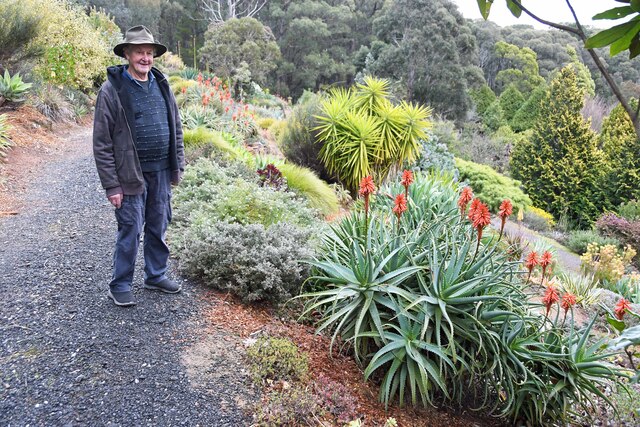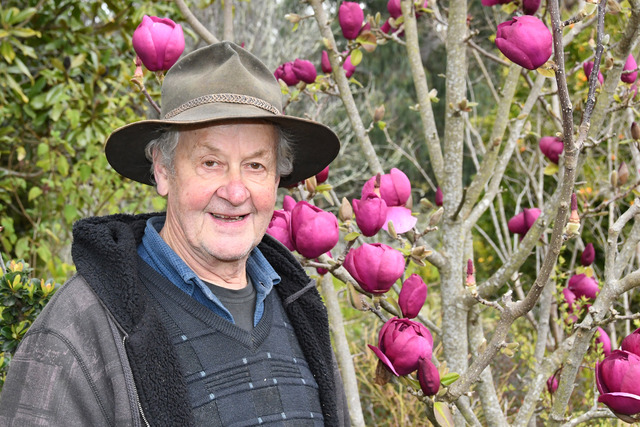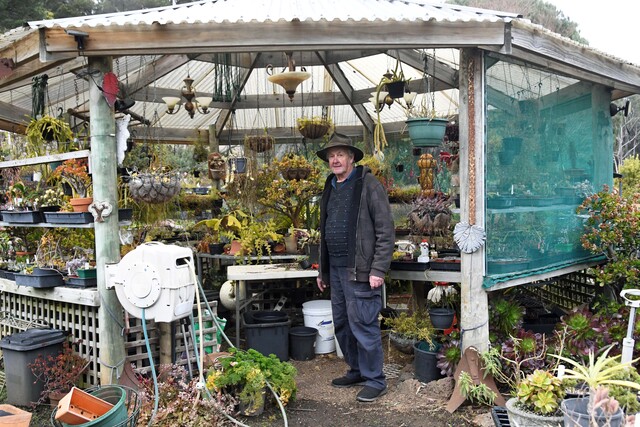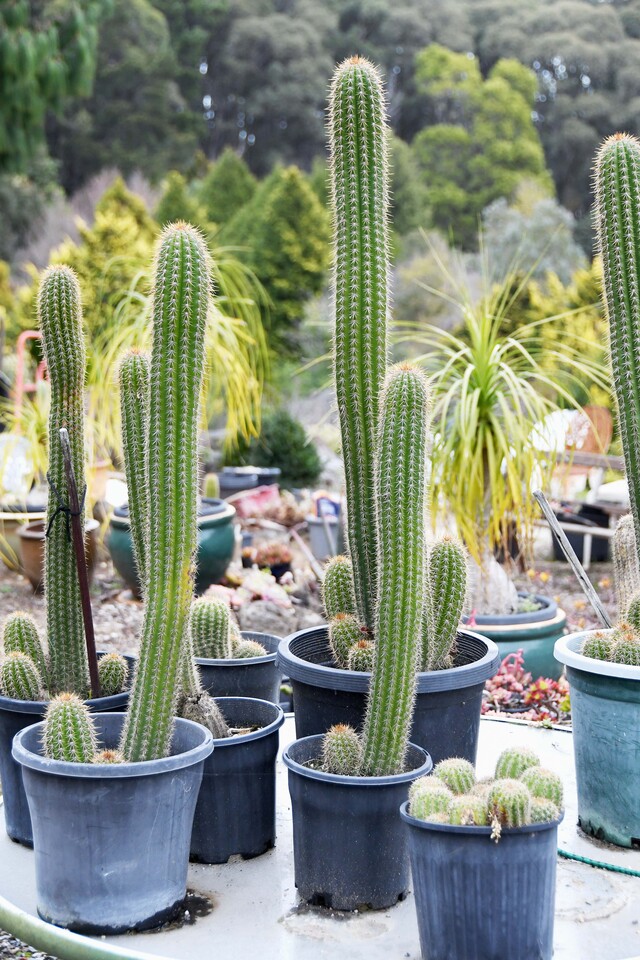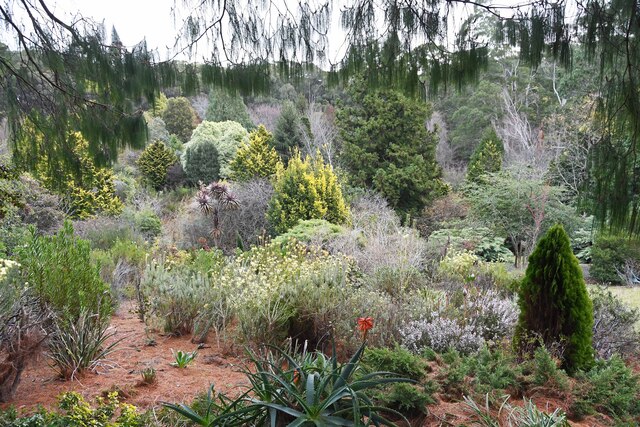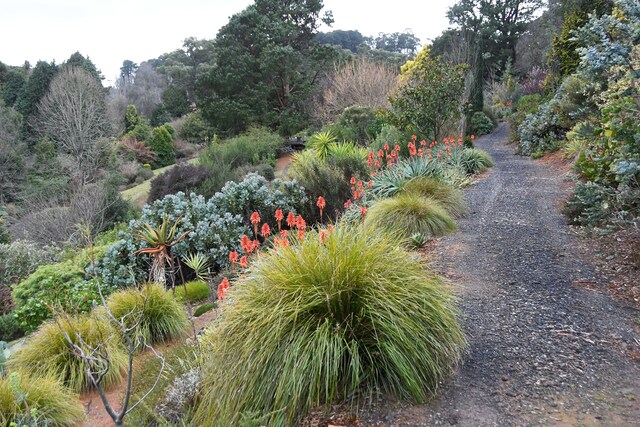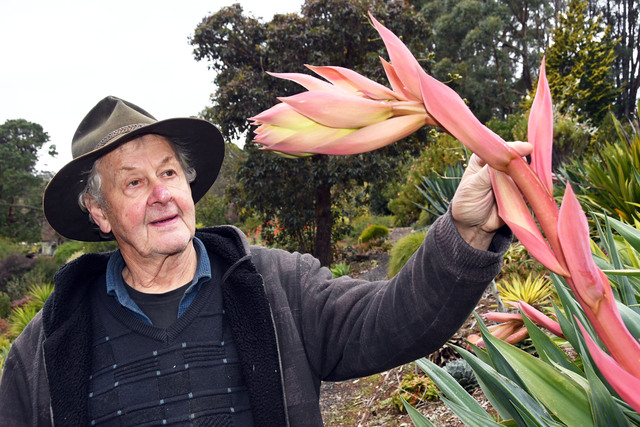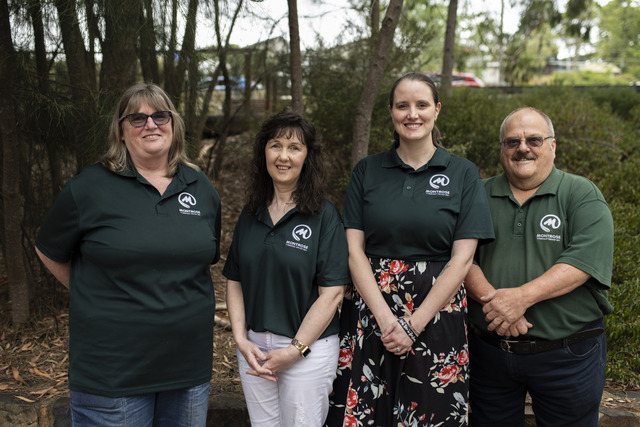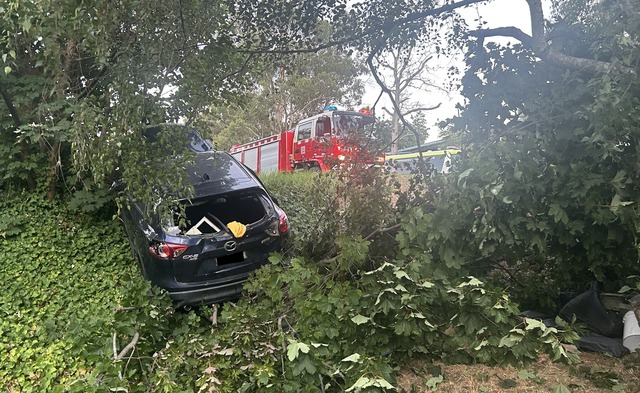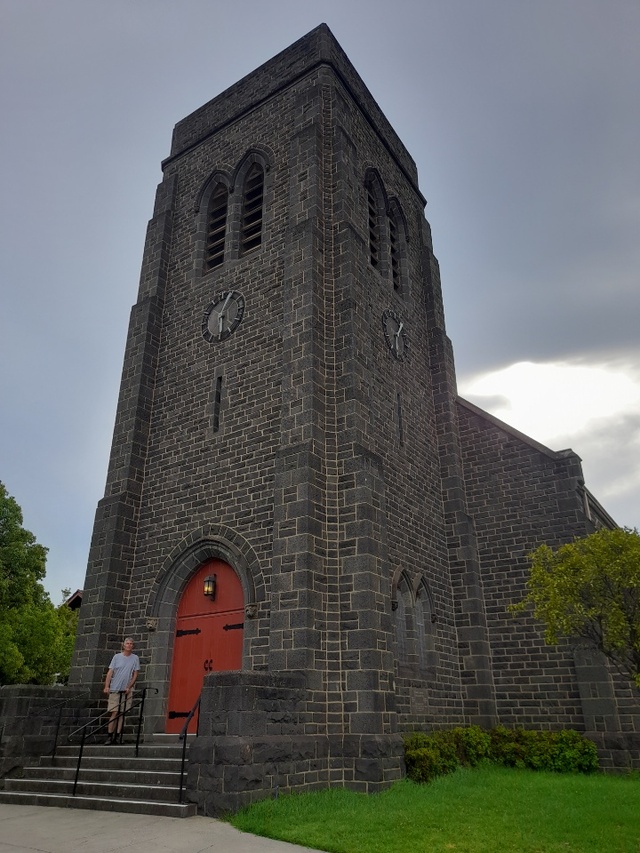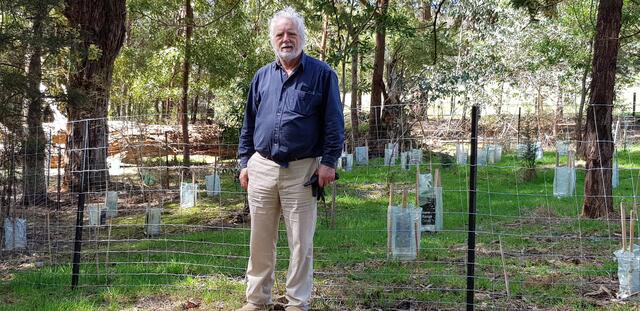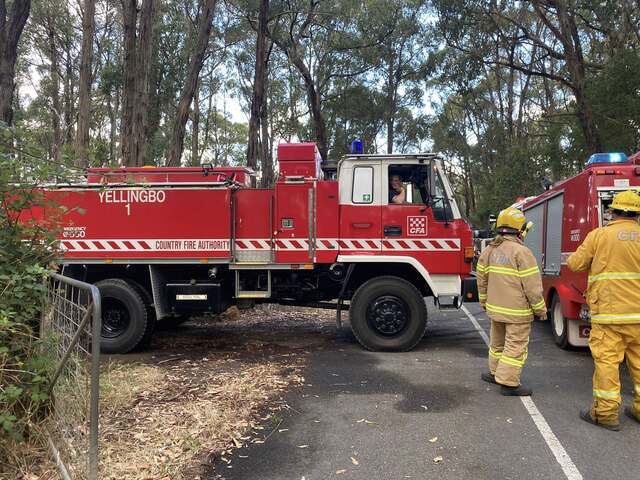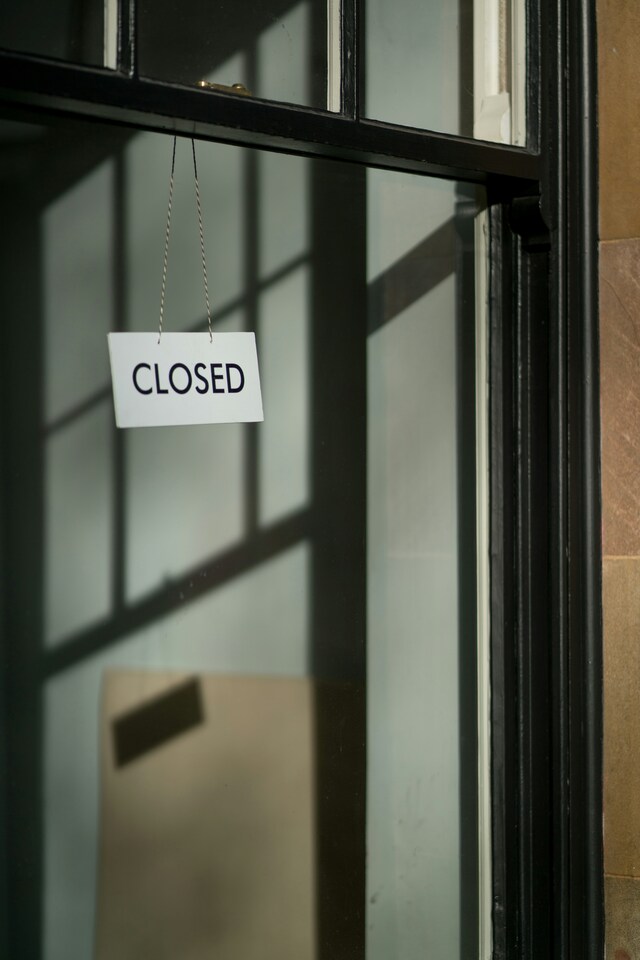Snuggled between the hills of Emerald and Cockatoo, a ten-acre hillside garden that’s been quietly evolving for nearly five decades will open its gates to the public for just one weekend this spring and visitors won’t find manicured lawns or neat box hedges, instead, Telopea Gardens will offer a wilder and more surprising experience with a sweeping views, rare plants, dramatic forms, and an unmistakably lived-in charm.
The property, owned by Emerald local David Hoskin, will be open on 20 and 21 September as part of Open Gardens Victoria’s spring program.
“People come here and it’s not what they expect,” Mr Hoskin said.
“It’s not a show garden. It’s a working garden. There are weeds and piles of mulch and hoses everywhere because we’re actually using the garden, every day.”
The garden set in a natural amphitheatre was originally little more than a paddock, Mr Hoskin and his partner purchased the land in 1978 when it was covered in pine trees, blackberry tangles, and a handful of proteas.
“Back then, it was just potential, it was a blank canvas, but a difficult one. Terrible soil, steep slope, wind exposure. We had to learn what worked by trial and error. There was no grand plan,” he said.
Over the years, Telopea has evolved into a deeply personal and expansive garden, shaped by a love of plants that are anything but ordinary, every corner reflects a thoughtful mix of structure, texture, and resilience – with rare finds, striking seasonal shifts, and a blend of exotic and native species chosen as much for their character as their beauty.
“We’re not about flowers for two months of the year,” Mr Hoskin said.
“We’re about interest all year, different shapes, forms, colours, textures. Plants that hold structure even when they’re not flowering. And many of them, people won’t recognise.”
The garden features mature oaks, elms, beeches, maples, magnolias and conifers on the upper slopes, with sweeping views over the valley below.
Meandering paths lead through an understorey thick with hardy perennials, bulbs, native shrubs and unusual plantings, creating unexpected vistas at every turn.
One of the most striking areas is a two-acre succulent and cactus garden known as The Prickle Patch.
“That part of the garden is on a north-facing slope – hot, dry, exposed,” Mr Hoskin said.
“People said you couldn’t grow anything there, but succulents and heat-tolerant plants are perfect. Now it’s a whole world of form and colour and texture, and completely different from the rest of the garden.”
The name Telopea comes from the waratah, one of the first flowers cultivated on the site.
Mr Hoskin still operates a cut-flower business from the property, and proteas, leucadendrons and waratahs remain central to the garden.
“We’re not a commercial farm on a big scale, but the flower growing has always been part of it, it’s what started us, really. And it keeps us connected to the seasons,” he said.
While Telopea isn’t open to the public year-round, Mr Hoskin said Open Gardens Victoria offers a chance to share what has become a life’s work.
“We don’t open often, it’s not a tourist garden, but it’s nice to open for a couple of days and let people explore. It’s a very personal place,” he said.
“There are people who come through and really connect with it. They’re not looking for perfection – they’re looking for inspiration, or curiosity, or just a different way of thinking about gardens.”
People visiting the Telopea Garden can also expect a rich birdlife experience, with king parrots, rosellas, honeyeaters and robins often seen moving through the layered plantings and sheltered microclimates.
For those keen to take a piece of the garden home, there will be plant sales of selected varieties propagated on site, along with tea and coffee available, a portion of the proceeds from the weekend will go to the State Emergency Service (SES).
Telopea Gardens will be open from 10am to 4.30pm on Saturday 20 and Sunday 21 September.
Entry is $10 for adults, $6 for students, and free for under 18s – tickets are available at the gate or via TryBooking.
Whether you’re a lifelong gardener, a plant enthusiast, or just curious to see what happens when you let a garden evolve over 45 years, Mr Hoskin said the open garden weekend is a rare opportunity.
“It’s not perfect but it’s real,” he said.
“It’s a garden that’s grown with us, changed with us. It’s full of experiments and dead ends and little successes. It’s what happens when you live in a place, and you keep digging.”

